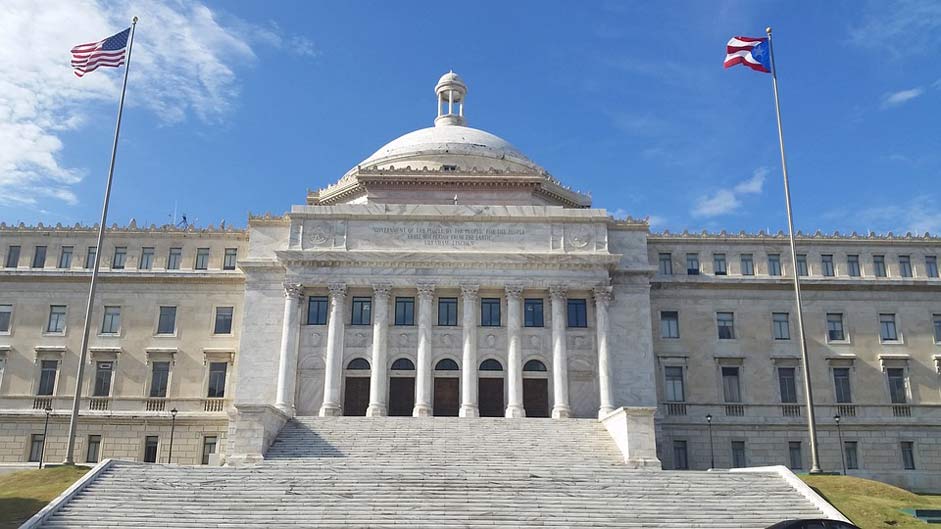
Unveiling the Beneficial Long-term Tax Incentives for Pharmaceutical Businesses in Puerto Rico
The picturesque island of Puerto Rico has been continuously fostering a business-friendly environment, enticing various industries to establish their roots on its shores. Among the thriving sectors tapping into the island’s potential, the pharmaceutical industry stands out prominently. The enactment of Act 60 tax law has unleashed a plethora of long-term tax incentives that benefit pharmaceutical companies, particularly through the four percent corporate tax rate on Export Services Income (ESI). In this blog post, we will explore the significance of Act 60 for pharmaceutical businesses, highlighting the enticing tax benefits it offers.

Act 60: The Game Changer:
Puerto Rico Act 60, also known as the Export Services, has played a pivotal role in positioning Puerto Rico as an attractive investment hub for the pharmaceutical sector. This legislation grants a fixed four percent corporate tax rate on qualifying Export Services Income, making the island a tax haven for pharmaceutical businesses looking to maximize their profits.
Four Percent Corporate Tax Rate on Export Services Income:
The core of Act 60 lies in the provision of a reduced tax rate of just four percent on a pharmaceutical company’s Export Services Income. This specific rate applies not only to income generated from exporting products but also to nationwide sales and services related to the qualifying activity. This advantageous tax rate enables pharmaceutical businesses to retain a larger portion of their revenues, enhancing profitability and fueling growth opportunities.
The qualification process:
To qualify for the four percent corporate tax rate on ESI, pharmaceutical companies need to meet certain criteria. Firstly, they must establish operations in Puerto Rico and engage in export services, which includes services related to manufacturing, research and development, and technical and administrative support. Second, they must ensure that at least 50 percent of their total employees are Puerto Rican residents. Lastly, they need to meet specific export sales thresholds based on their year.
Tax Incentives Beyond ESI:
While the four percent corporate tax rate on ESI is a major draw, Puerto Rico offers additional tax incentives to the pharmaceutical industry. For instance, companies may qualify for a full exemption from Puerto Rico income taxes on dividend distributions made to non-residents or businesses holding a substantial amount of the company’s stock. Moreover, suitable tax credits can be utilized to significantly reduce federal tax liabilities.
Long-term benefits for pharmaceutical businesses:
The tax incentives offered by Act 60 are far from transient; they provide pharmaceutical companies with substantial long-term advantages. Businesses can plan strategically and invest in research, development, and expansion while enjoying a stable corporate tax rate. This stability fosters confidence and paves the way for long-term growth, contributing to the sustained success of pharmaceutical operations in Puerto Rico.
The Puerto Rico Act 60 tax law has positioned the island as an alluring destination for the pharmaceutical sector, offering substantial long-term tax incentives. The four percent corporate tax rate on Export Services Income has proven to be a game-changer, stimulating growth and boosting profitability. By taking advantage of Act 60, pharmaceutical businesses can solidify their position in Puerto Rico while maximizing their earnings and enjoying a favorable business environment for years to come.

